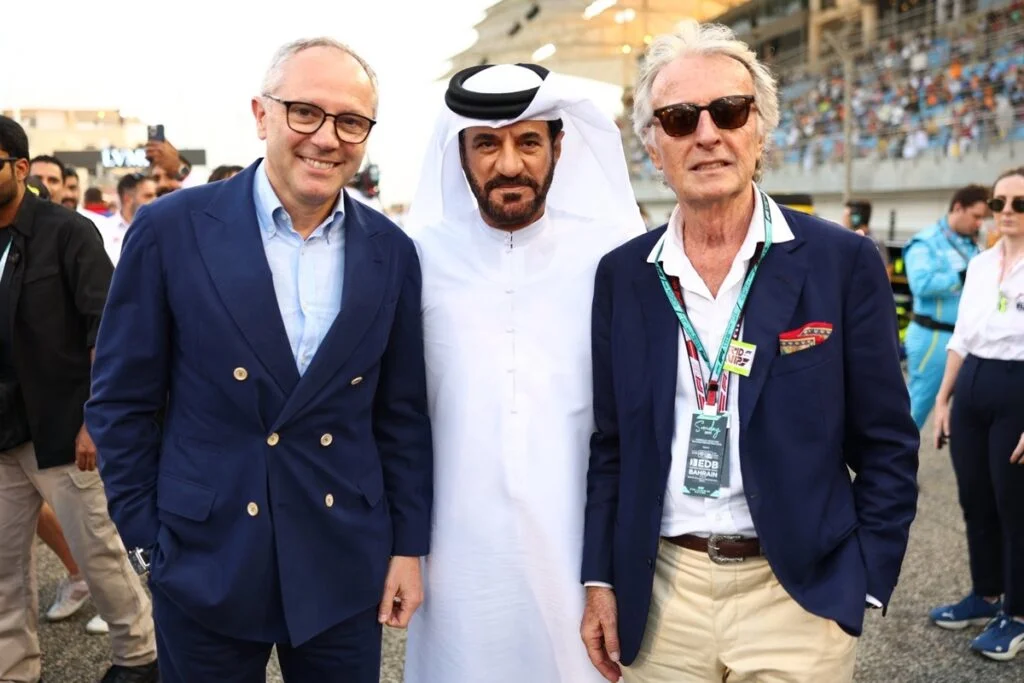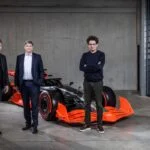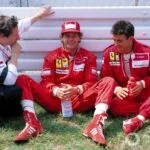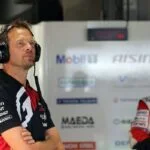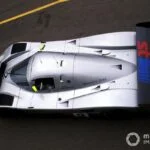Stefano Domenicali Confirms His Role as CEO of Formula 1 Group for Another Five Years
The recent contract renewal of Stefano Domenicali as the CEO of Formula 1 Group has been met with near-unanimous approval. In an exclusive interview, Domenicali shared his thoughts on the extension and the future of Formula 1.
Trust and Freedom to Shape the Future
The most important aspect for me was having the complete trust of Liberty Media’s leadership,” Domenicali said. “They gave me total freedom to shape the team and the system that will be needed to keep driving growth.
In a rapidly evolving industry, securing the backing of key stakeholders is crucial. Just two days after the contract extension was made official, Domenicali signed the new Concorde Agreement – the commercial framework defining F1’s financial future.
Economic Stability and Regulatory Clarity
The economic aspects are settled. What remains is the governance part, which also involves the FIA alongside the teams,” Domenicali explained. “That’s another key step because it guarantees regulatory stability.
Moving forward, Formula 1 aims to be more strategic and less tactical on key issues affecting the sport. This requires collaboration with the FIA and team involvement.
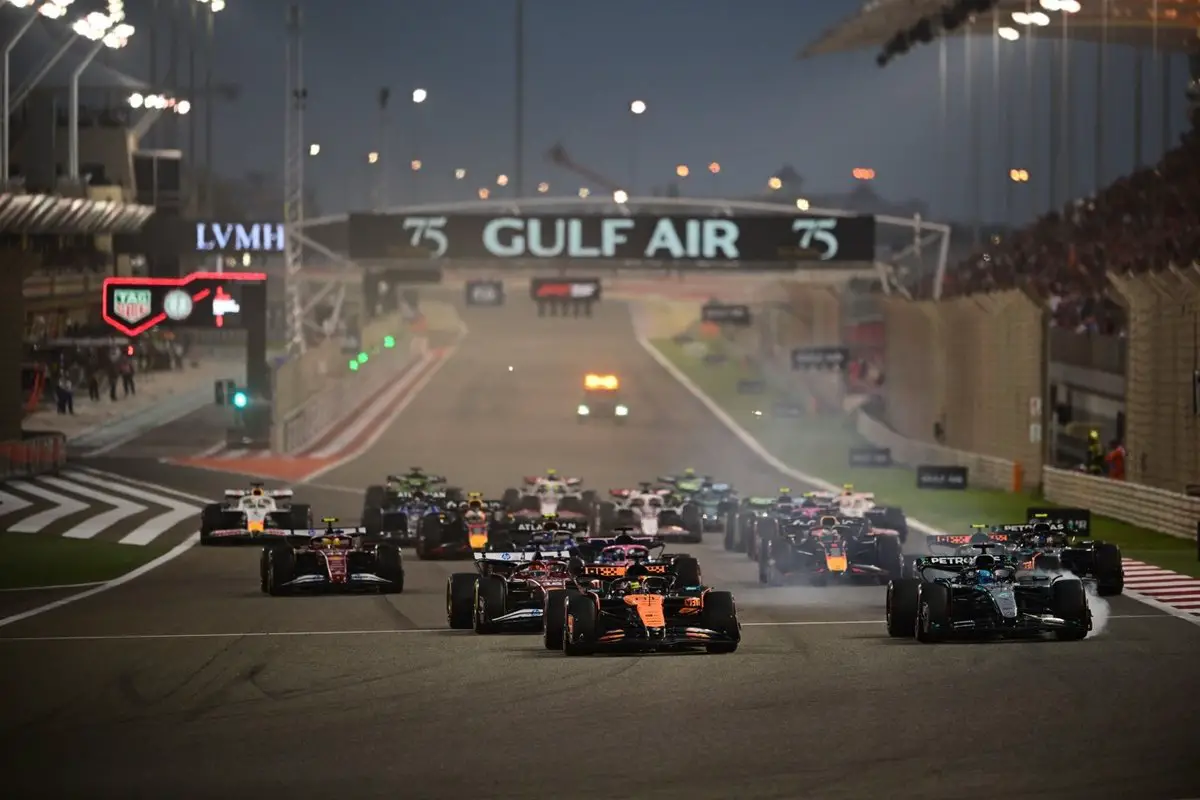
The Future of Engine Philosophies
When asked about the recent discussions regarding different engine philosophies for the medium and long term, Domenicali shared his position. “Two years ago I shared my strategic vision for F1’s future in an interview with Motorsport.com – and that’s exactly what’s now emerging.
Domenicali emphasized the importance of respecting those who’ve invested heavily in this complex and costly project, as changing the rules now would send the wrong message.
Simplification and Cost Reduction
Fans of my generation need to rethink what creates performance and technological interest,” Domenicali said. “Focusing on sustainable fuels is absolutely the right path.
However, investing huge amounts in designing custom gearboxes no longer makes sense, as the performance gains are minimal. Instead, Formula 1 must identify areas where technology and entertainment overlap to maintain fan engagement.
The Las Vegas Model and Global Growth Potential
The Las Vegas Grand Prix has been a success, but it’s important to remember that new projects require time to recoup investments. Beyond the media exposure, the event has helped secure commercial deals that would have been difficult to land otherwise.
Formula 1 must continue investing and believing in the project, as there is still significant growth potential in the United States.
Africa and Future Expansion
Before entering new markets like Africa, Formula 1 needs guarantees on investment, infrastructure, and long-term economic sustainability. While work is ongoing, Formula 1 is not yet ready to make a move.
The Impact of Hamilton’s Move to Ferrari
Lewis Hamilton’s move to Ferrari has generated massive interest in the sport, giving Formula 1 great visibility. However, attention depends on results, and it will take time for Hamilton to adapt to his new team.
Fans should remain patient as Hamilton works through any initial challenges at Ferrari. In the meantime, Formula 1 must continue communicating better with fans to explain the sport’s complexities.
Balancing Degradation and Race Intensity
Formula 1 is working to find a balance between tire degradation and race intensity, as fan opinions can vary greatly. The sport aims to improve communication with fans to help them better understand the action on track.

